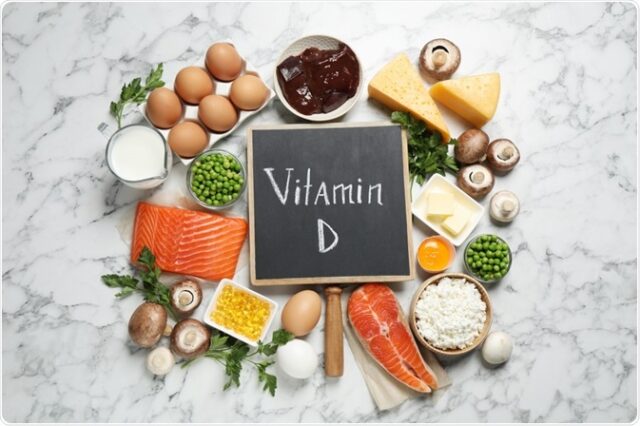A nutritious and well-balanced diet is well-known for its importance in sustaining one’s health. According to specialists, one of the main causes of the rising incidence of chronic illnesses and obesity is a lack of nutrition and poor eating habits.
“Our immune system requires essential vitamins and minerals to function properly and protect the body against illnesses and immunodeficiency problems,” said Tanvee Tutlani, celebrity nutritionist, dietitian, and corporate health educator. Vitamin D is one such important micronutrient required for optimal body functioning, normal immune function, and bone and tooth growth and development.
“Vitamin D deficiency has been linked to diabetes, cardiovascular disease, weight gain, autoimmune disorders, neuromuscular illnesses, influenza, osteoporosis, and cancer, among other conditions.” Vitamin D is also known as the “sunshine vitamin” since it is created naturally in the skin in reaction to sunlight. Certain meals, on the other hand, can aid in maintaining an appropriate amount of fat-soluble vitamin D in the body.”
Mushrooms are one of the best non-animal sources of vitamin D2, D3, and D4 in the world. When mushrooms are exposed to UV radiation from the sun, they produce vitamin D in the same way that people do. To meet your body’s vitamin D requirements, eat mushrooms at least four times each week.
Vitamin D is frequently present in pasteurized cow’s milk. However, the quantity varies from one brand to the next. Most milk producers willingly add the vitamin during the manufacturing of their product to make it more nutritious. While milk does not naturally contain vitamin D, it is high in calcium. As a result, the two nutrients complement each other to build bones and improve calcium absorption. Every day, drinking a glass of pasteurized milk can help avoid bone problems and maintain the body healthy.
Cheese is one of the most popular foods in the world, and it includes a good quantity of vitamin D. Ricotta and cheddar are the most nutrient-dense cheeses. However, because cheese is high in fat, it should only be consumed in limited amounts to maintain a healthy dietary balance. If you want to get the most out of your cheese, go for a low-fat variety.
Yogurt is a simple and quick snack that is beneficial to both the intestines and the bones. Vitamin D can be obtained via fortified yoghurt in amounts ranging from 10 to 20% of the daily need. Many yoghurt variants, however, include a lot of sugar, so read the nutrition label carefully.
Vitamin D is added to several cereal and oatmeal products. A bowl of strongly fortified cereal can help avoid vitamin D insufficiency while also meeting the body’s fiber needs.
Vitamin D is found in the highest concentration in eggs. Two eggs per day can provide you with 82 percent of your daily vitamin D need. To keep your vitamin D levels up, make sure you consume the full egg, not just the whites. Eggs are high in immune-boosting elements including proteins, zinc, and selenium, which help to increase immunity and keep the heart in good shape.







